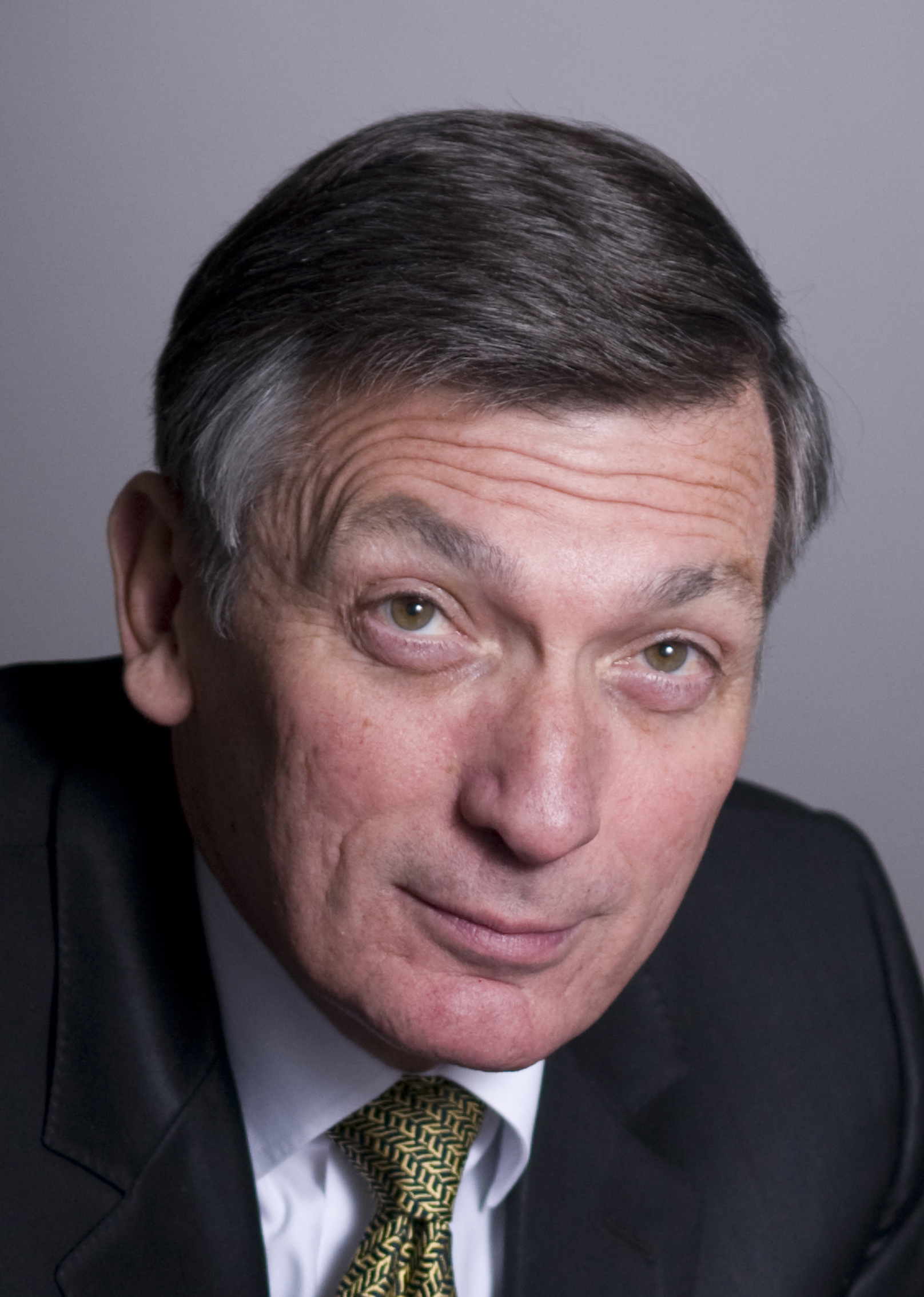The road to sustainability is paved with electrochemical technology
Don R. Sadoway
Massachusetts Institute of Technology
3:30pm - April 26, 2018 - CCIS 1 430
Abstract:
The road to sustainability is paved with electrochemical technology. In metals production, whether it be the problem of the carbon intensity associated with iron making in the blast furnace (½ ton carbon to produce a ton of iron) or aluminum smelting in the Hall-Héroult cell (½ ton carbon to produce a ton of aluminum) or the problem of dioxin generation as a side reaction to the conversion of titanium dioxide into titanium tetrachloride, electrochemical technologies can enable radical innovation in concert with sustainable development. Examples of applied electrochemistry in action will be illustrated in two different settings: metals production by molten oxide electrolysis (MOE), which is the electrolytic decomposition of a metal oxide into molten metal and oxygen gas. MOE represents an environmentally sound alternative to today's carbon-intensive thermochemical metals reduction processes and can be used not only for primary metals production but also remediation of hazardous waste; a variant of MOE called molten sulfide electrolysis (MSE), which is the electrolytic decomposition of a metal sulfide into molten metal and elemental sulfur (no emission of sulfur dioxide). The key features of MOE are the following:
- reduce environmental impact
- reduce metal production costs: capital and operating
- provide flexibility in raw materials
- improve metal quality
This disruptive technology has been demonstrated at pilot scale in a startup company in the Bostonarea, Boston Electrometallurgical, where a plurality of metals has been produced in amounts of 100s of kg.
Biography:

Donald R. Sadoway is the John F. Elliott Professor of Materials Chemistry in the Department of Materials Science and Engineering at the Massachusetts Institute of Technology. His B.A.Sc. in Engineering Science, M.A.Sc. in Chemical Metallurgy, and Ph.D. in Chemical Metallurgy are all from the University of Toronto. He joined the MIT faculty in 1978. The author of over 160 scientific papers and holder of 24 U.S. patents, the basis for his research is applied electrochemistry. This translates into the pursuit new technologies in the field of metals extraction (molten oxide electrolysis) as well as in the field of energy storage (liquid metal battery). He is a founder of two companies, Boston Electrometallurgical and Ambri. Online videos of his chemistry lectures hosted by MIT OpenCourseWare extend his impact on engineering education far beyond the lecture hall. Viewed 1,750,000 times, his TED talk is about inventing technology and inventing inventors. In 2012 he was named by Time magazine as one of the 100 Most Influential People in the World.